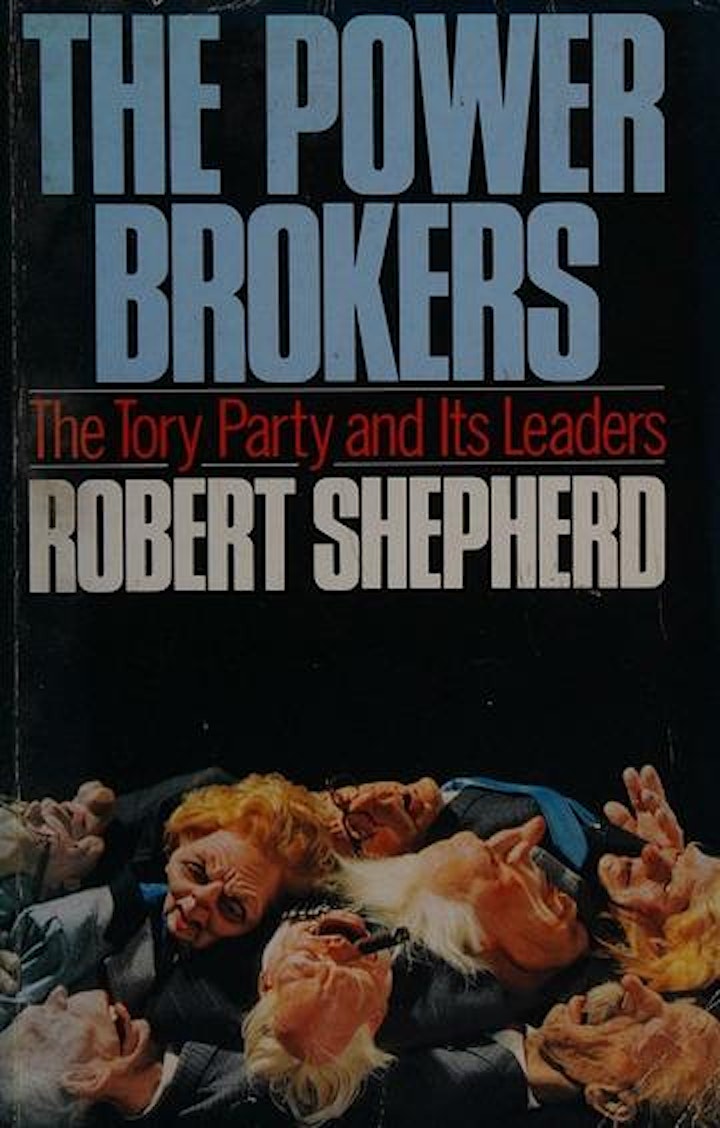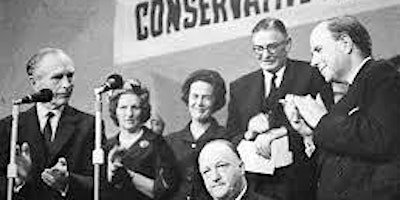You must login before you can post a comment.
Tuesday 29 November 17:00 - 18:30
University of Westminster - Regent Campus
309 Regent Street and ONLINE (a Zoom link will be sent a few days before the event)
London
W1B 2HW
Registration
- 🎉
The Conservative Leadership Crisis of 1963
Government & Politics
The Conservative leadership crisis in October 1963 marks a pivotal moment in the party’s history and is striking for its high drama, personal intrigue and bitter recriminations. When Harold Macmillan’s decision to resign was announced during the Tory party conference, there was no formal procedure for selecting a new leader, only vague ‘customary processes’. Among the leadership contenders, the 2nd Viscount Hailsham (Quintin Hogg) was ready from the outset to disclaim his peerage by means of the recent reform won by Anthony Wedgwood Benn, whereas the 14th Earl of Home (Alec Douglas-Home) had given Cabinet colleagues the impression that he had no intention of seeking the leadership. The party conference came to resemble an American-style nominating convention, as allies of the front-runners, Rab Butler, Quintin Hailsham and Reggie Maudling, canvassed support. Home’s eventual emergence as leader fueled the suspicion that Macmillan had been determined all along to thwart Butler. In protest, two rising Tory stars, Iain Macleod and Enoch Powell, refused to serve in Home’s Government; whereas Edward Heath, who had backed Home, was rewarded with promotion. Three months later, Iain Macleod wrote an excoriating attack on ‘The Magic Circle’ who, he claimed, had thwarted Butler. The Tories lost the 1964 election, and the following summer Douglas-Home stood down. In July 1965, Heath was elected leader by a secret ballot of Tory MPs, a method intended to prevent any repetition of the 1963 crisis - though perhaps one which has led to crises of different kinds.

During a career in politics, writing and broadcasting, Robert Shepherd has talked with key players and witnesses of the 1963 Tory leadership crisis. His books include biographies of Iain Macleod and Enoch Powell, and The Power Brokers: The Tory Party and Its Leaders. He worked at the Conservative Research Department, where he briefed Margaret Thatcher for her first visit to the US, and in 1979 became Special Adviser to James Prior. As a TV documentary producer, he won Europe’s ‘Prix Stendhal’ and a Reuter Fellowship for his fly-on-the-wall Channel 4 film shot inside the Foreign Office and Number 10 during Britain’s 1992 EU Presidency. He produced a four-part series on post-war Britain, What Has Become of Us (Channel 4, 1993), with Peter Hennessy. For the BBC he produced Straight Talk with Andrew Neil and The Talk Show with Andrew Marr and Jonathan Freedland. His documentaries for BBC Radio 4 include The Prime Ministers with Nick Robinson; The Heath Enigma; 10 Days that Toppled Thatcher; Roy Jenkins and the Permissive Society, and Lord Gnome (on Private Eye’s 50th anniversary). He also produced Reflections with Peter Hennessy (biographical interviews with senior politicians), published as The Complete Reflections (2020).




